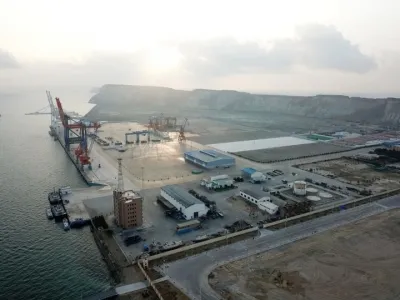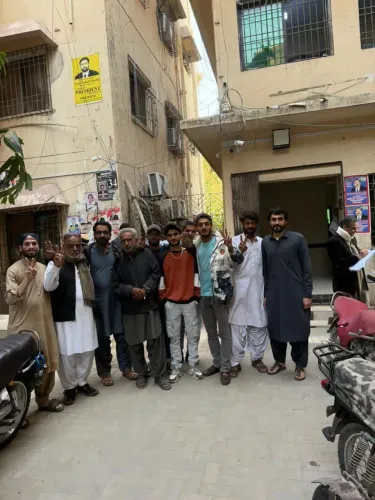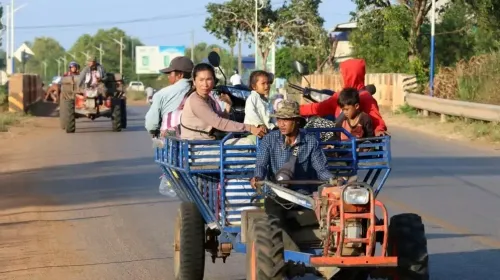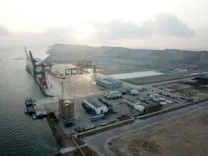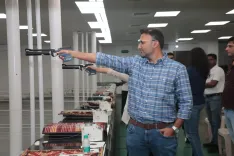Is Pakistan Silencing Dissent and Making Judiciary a Rubber Stamp?
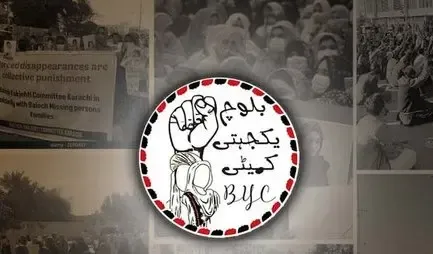
Synopsis
Key Takeaways
- BYC accuses Pakistan of suppressing dissent.
- Judiciary seen as a tool for government agendas.
- Delaying tactics used by Counter-Terrorism Department.
- Call for international human rights intervention.
- Concerns over freedom of speech in Pakistan.
Quetta, Nov 10 (NationPress) The Baloch Yakjehti Committee (BYC), a prominent human rights organization, has condemned the actions of Pakistani authorities for manipulating the legal system to suppress dissent and for transforming the judiciary into a mere tool for governmental agendas.
As reported by the BYC, during a recent trial, the Counter-Terrorism Department (CTD) of Pakistan again failed to present the complete challans regarding the case against BYC leaders, claiming that the proceedings are being intentionally delayed through strategic stalling tactics.
The rights committee highlighted that the CTD has consistently refrained from submitting comprehensive challans, while the Pakistani courts have continued to endorse these delays.
“Even though the complete challan remains unsubmitted, the court seems eager to proceed with framing charges based on what is incomplete. Legal proceedings should only advance when all documentation has been duly presented. Regrettably, the court appears to be siding with the CTD's irregular methods. From the outset, the CTD has generated a series of fabricated FIRs against BYC leadership, despite previous judicial remarks that all FIRs should be submitted collectively,” the BYC stated.
“Subsequent to those comments, the CTD produced over twenty-five fraudulent FIRs. Yet, during ongoing hearings, the CTD is introducing new FIRs against BYC leaders that were not previously disclosed. This demonstrates how the state is using its legal framework as a weapon against Baloch human rights advocates and is undermining the judiciary's integrity,” the statement continued.
The rights body noted that in four similar instances, the Anti-Terrorism Court in Khuzdar district, Balochistan, has granted bail to BYC leaders, while the Quetta court continues to drag its feet.
“This clearly suggests that the judiciary in the BYC leadership case is incapacitated from taking appropriate legal measures and is indirectly favoring those in power,” the BYC remarked.
During the Saturday hearings, BYC chief organizer Mahrang Baloch questioned the judge about the existence of freedom of speech in Pakistan. The judge responded affirmatively, asserting it as a constitutional right for all citizens. However, the BYC insisted that in reality, freedom of speech is nonexistent, as all charges against BYC leaders stem from their public addresses.
“The very judge who affirms freedom of speech as a constitutional right is denying it by following directives from intelligence agencies rather than adhering to judicial procedures,” the rights body claimed.
The BYC urged international human rights organizations to promptly address Pakistan’s misuse of its legal system against rights defenders and to advocate for the release of the BYC leadership.


